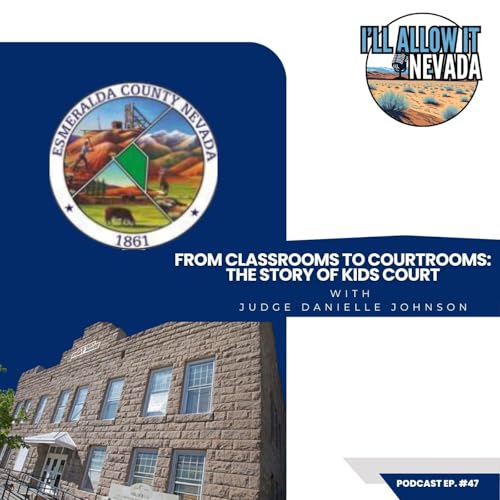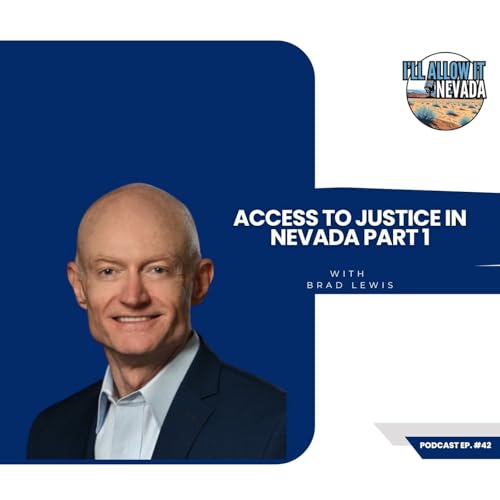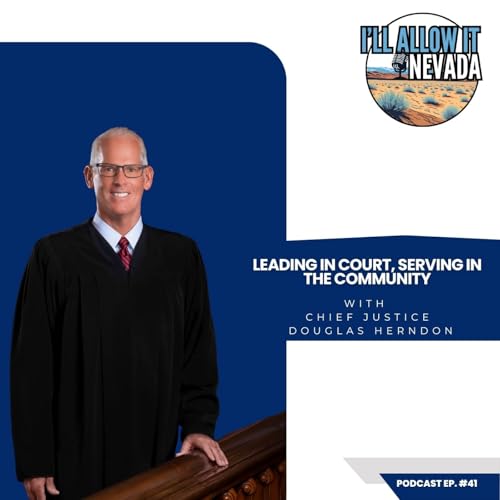Description:
On this episode of I'll Allow It, Nevada!, we are joined by Nevada Settlement Judge Ishi Kunin to explore the Nevada Supreme Court's Settlement Program, an alternative dispute resolution program designed to help parties resolve appellate cases through mediation.
Settlement Judge Kunin explains how the program works, what parties and attorneys can expect when a case is assigned, and why mediation can be an effective and efficient path to resolution. Since its creation in 1997, the program has successfully settled over half of the cases referred to it, saving time, costs, and stress for those involved in appellate litigation.
Whether you're an attorney, judge, or simply interested in how Nevada's courts promote collaboration and resolution, this episode offers a thoughtful look inside one of the judiciary's most impactful programs.
State Bar of Nevada CLE Course ID: P_20251031_50632
Certificate of Attendance: https://ow.ly/ooSi50UnWjZ
Learning Objectives:
1. Explain the purpose and structure of the Nevada Supreme Court Settlememnt Program.
2. Describe the role of a settlemement judge and how mediation differs from traditional appellate adjudication.
3. Identify the steps and procedures invloved when a case is referred to the Settlemement Program.
4. Recognize the advantages of mediation in the appellate process, including cost savings, risk reduction, and party-driven resolution.
5. Understand best practices for attorneys when preparing for participation in the Settlemement Program.
Faculty: Ishi Kunin, Nevada Settlement Judge
Have an idea for an episode? We want to hear from you! Please fill out the topic suggestion form: https://forms.office.com/g/dxZgUWynAC
Audience:
- Judges and court staff
- Legal professionals
- Educators
- Anyone interested in mediation
CLE/CJE: 0.5 CLE/CJE credit hours are available until December 31, 2028.
 27 mins
27 mins 34 mins
34 mins 30 mins
30 mins 24 mins
24 mins Sep 19 202523 mins
Sep 19 202523 mins Sep 5 202526 mins
Sep 5 202526 mins 34 mins
34 mins 38 mins
38 mins
